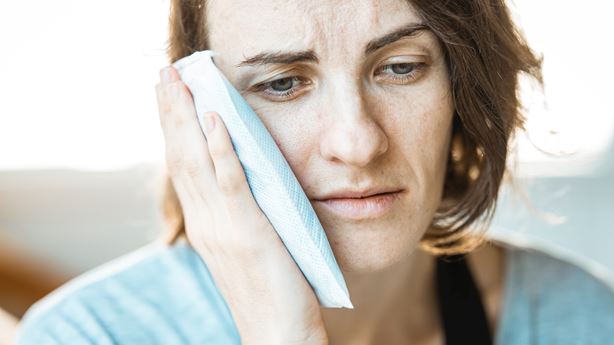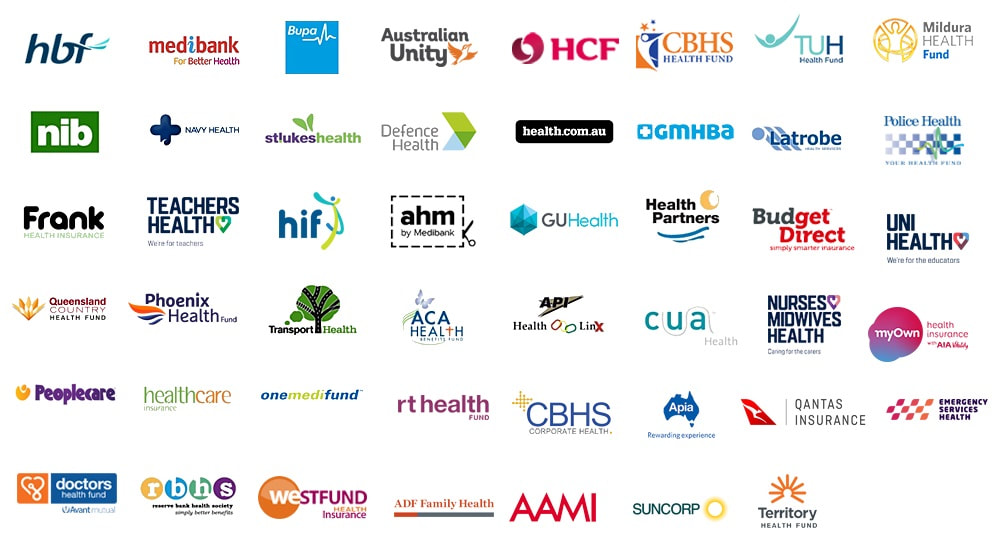What Does it Mean When You Have a Throbbing Tooth? Treatments and Causes
While a set of pearly white teeth are considered to be aesthetically pleasing, the truth of the matter is that our teeth serve way more functions that simply looking pretty.
We need our teeth to masticate (chew) our food to assist with its breakdown and digestion so that we can extract the nutrients from it. Without healthy teeth, we would find it very tough to eat and digest our food adequately.
As vital as the teeth are, looking after them can be tough and they can be vulnerable to all kinds of issues. Some people out there for example, may experience tooth ache or a throbbing tooth, which can make life very unpleasant. But what does it mean when you have a throbbing tooth, what causes it, and how can it be treated?
If you’re experiencing a throbbing tooth, or any kind of tooth pain, this article is for you as we’ll be looking, in depth, at the causes and treatments for throbbing teeth and tooth pain in general.
What are the symptoms of tooth pain?
If you’ve ever experienced tooth ache/pain before, you’ll know just how painful it can be. While symptoms vary from case to case, here are some of the most common symptoms of tooth pain:
- Tooth pain
- Throbbing tooth
- Headache
- Fever
- Sensitive teeth
- Swollen gums
- Pus in and around the affected area
- Bad taste in the mouth
- Halitosis (bad breath)
What does it mean when you have a throbbing tooth?
A throbbing tooth not only causes pain, it can also be uncomfortable as well and may affect everyday activities like eating and drinking.
If you experience a throbbing tooth, it may be down to any of the following:
Tooth decay
If your tooth is throbbing this could be a sign of early onset tooth decay.
Tooth decay occurs when bacteria eats away at the enamel on the exterior of your tooth, causing a cavity in the tooth which gradually becomes bigger as bacteria builds. This is not only painful, it can also put you at risk of an infection.
Infected gums
A gum infection might also be the cause of your throbbing tooth.
Known as gingivitis, gum infections can lead to gum disease (periodontitis) and can cause a great deal of pain and discomfort.
If not addressed, a gum infection can spread and can result in tooth loss.
Tooth fracture
If you have a fractured tooth, this may also be the reason for your throbbing tooth.
As the name suggests, a tooth fracture is a crack or a split in a tooth. It can be caused by biting something unusually hard, or through trauma such as a sporting accident.
A tooth fracture will cause a constant throbbing in the tooth as the interior of the tooth is now exposed, allowing bacteria to get inside the tooth and potentially infect the pulp.
Tooth abscess
Finally, an abscessed tooth might also be the reason for your tooth throbbing.
An abscessed tooth occurs when some or all of the dental pulp inside your tooth becomes infected and dies. This dead tissue forms a pocket within the tooth providing the perfect breeding ground for bacteria.
This infection causes a build up of bacteria and pus and results in an abscess.
How long does a throbbing tooth last?
How long is a piece of string?
The truth of the matter is that we can’t answer the above question because it all depends on the cause of your throbbing tooth.
Sometimes we may experience a random pain or throbbing in the teeth for no reason, which may leave just as soon as it came. If you experience the throbbing or any pain after 1 – 2 days however, you should always consult your dentist.
Can throbbing tooth pain go away?
As previously mentioned, in some instances a throbbing tooth may go away on its own, providing there is no obvious cause for it in the first place.
If your throbbing tooth is caused due to an infection, or a cracked tooth for example, this will need to be addressed by your dentist as it will not go away by itself.
Again, if you experience a throbbing tooth for longer than 1 – 2 days, get in touch with your dentist.
How can you stop your tooth from throbbing?
There are a few things you can try to stop your tooth from throbbing before you get chance to visit your dentist.
If your throbbing tooth is driving you up the wall and you can’t get in with your dentist right away, try the following:
- Rinse with warm salt water
- Apply an ice pack to your jaw/cheek
- Carefully floss/brush your teeth if there is any food stuck in the area
- Use over-the-counter anti-inflammatory medications
Book an appointment now
So, we’ve addressed the question of what does it mean if you have a throbbing tooth, and we’ve looked at the causes, but what can you do if it’s becoming unbearable? Well, you will need dental treatment.
If your throbbing tooth won’t go away, pick up the phone and get in touch with us today. We’ve dealt with countless dental issues and emergencies and will have you on the road to recovery in no time at all.
Don’t suffer in silence any longer, give us a call or book an appointment online with us today!



